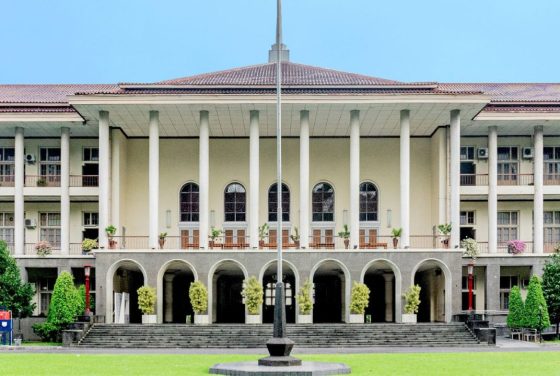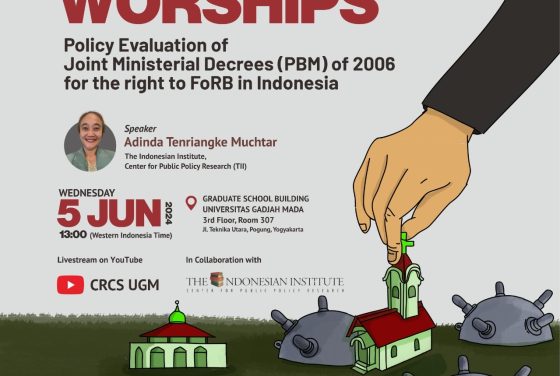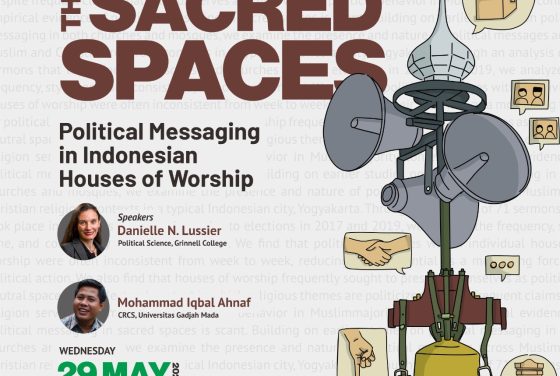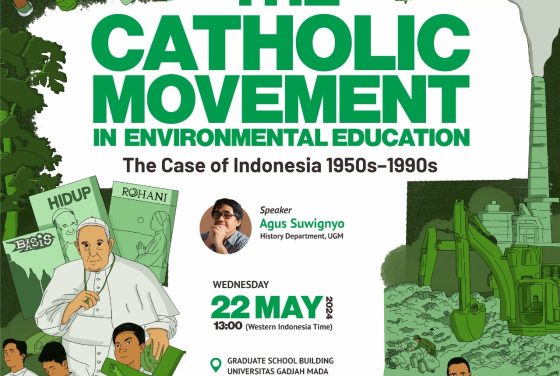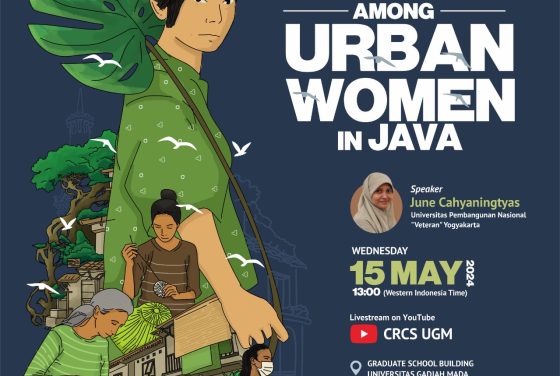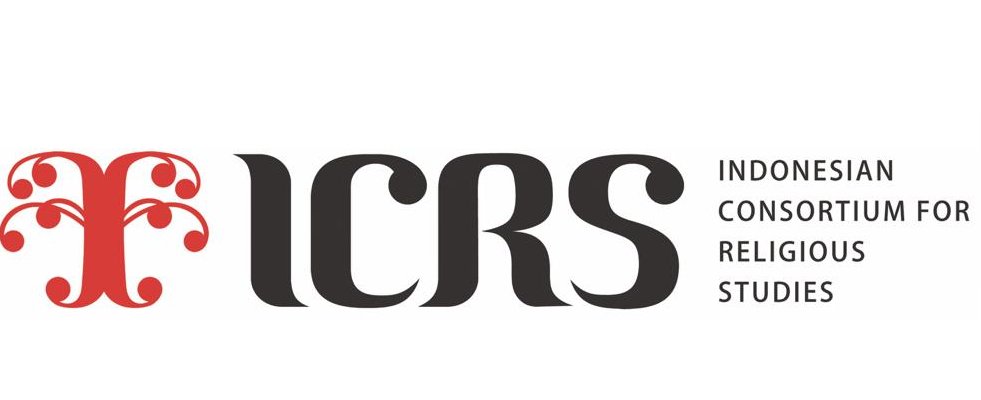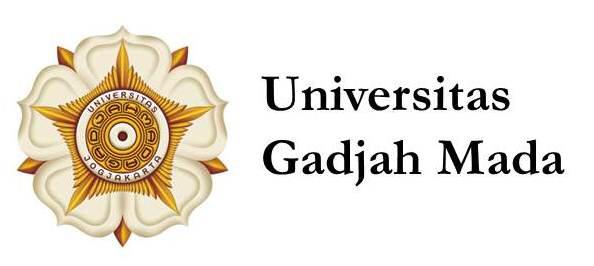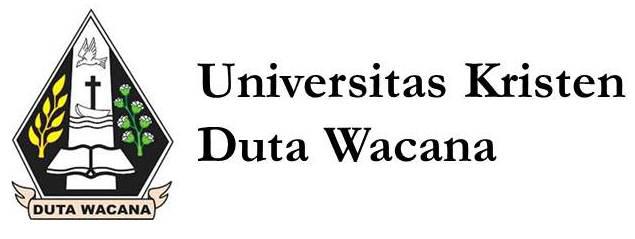News
ICRS at the AAS-in-Asia conference 2024
28 June 2024
In collaboration with the Association for Asian Studies, Universitas Gadjah Mada will host the 2024 AAS-in-Asia Conference from July 9-11 in Yogyakarta. With around 1,000 people, this is a must-attend ...
Tracing the Trinity
28 June 2024
M. Rizal Abdi How come something that wasn’t written in the Bible became the core of Christianity teaching? The doctrine of the Trinity is foundational to the Christian faith and ...
Making Sense of Religion in Adaptation Processes
28 June 2024
Athanasia Safitri Aliyuna Pratisti, a lecturer and independent writer, completed her doctoral degree earlier this year with research focusing on the religious dimension in coastal adaptation processes. She presented her ...
Hongsok Lee The topic of the Wednesday Forum on May 15, 2024, was the long-standing role of religion in environmental stewardship. June Cahyaningtyas, a lecturer at the Department of International ...








